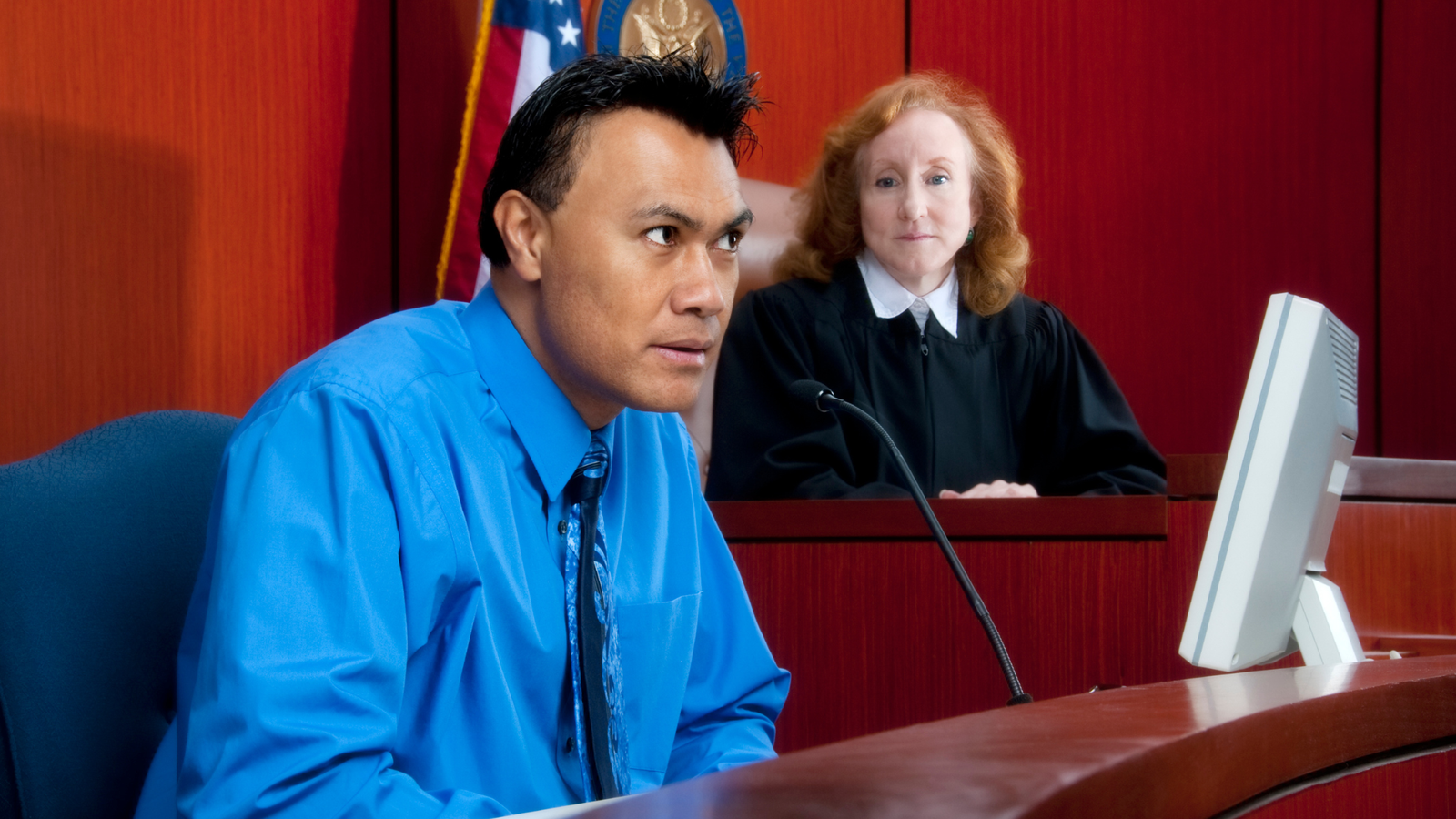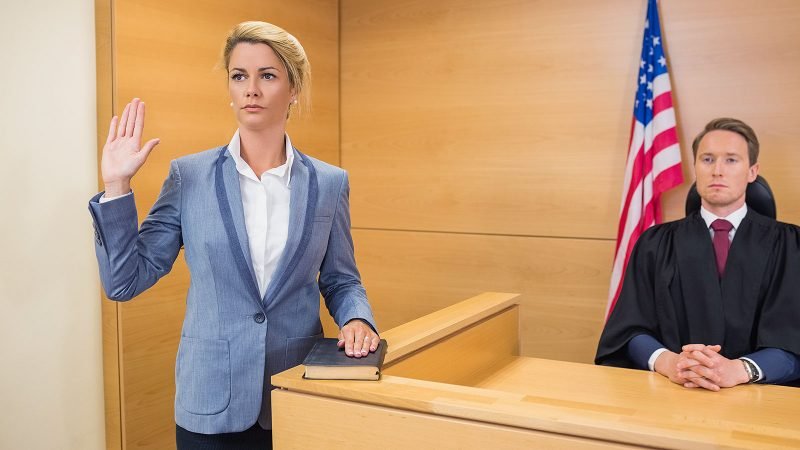In civil litigation, expert witnesses play a vital role by providing specialized knowledge and opinions that can significantly influence the outcome of a case. These experts offer insights into complex issues beyond the understanding of the average person, helping to clarify and resolve technical or specialized matters in legal disputes. This guide explores the role of expert witnesses in civil cases, including their functions, qualifications, and the impact they have on legal proceedings.
What is an Expert Witness?
An expert witness is a person with specialized knowledge, skills, or experience in a particular field relevant to a case. Unlike lay witnesses, who provide testimony based on personal observations, expert witnesses offer opinions and analyses based on their expertise. Their testimony can help the court understand complex issues and make informed decisions.
Functions of Expert Witnesses
1. Providing Specialized Knowledge
Expert witnesses offer specialized knowledge that is beyond the expertise of judges and juries. Their functions include:
- Clarifying Complex Issues: Explaining technical or scientific concepts in a way that is understandable to non-experts.
- Offering Opinions: Providing professional opinions based on their expertise, such as evaluating damages or assessing the validity of evidence.
2. Assisting in Evidence Interpretation
Expert witnesses help interpret and analyze evidence relevant to the case. Their assistance can include:
- Data Analysis: Analyzing financial records, medical reports, or other complex data.
- Evidence Evaluation: Assessing the reliability and relevance of evidence presented by both parties.
3. Testifying in Court
Expert witnesses are often called to testify in court to support their opinions. Their testimony may involve:
- Direct Examination: Answering questions posed by the party who retained them.
- Cross-Examination: Responding to questions from the opposing party to challenge their credibility and opinions.
Qualifications of Expert Witnesses
1. Relevant Expertise
To be effective, an expert witness must possess relevant expertise in their field. This expertise can be demonstrated through:
- Education: Advanced degrees or certifications in the relevant field.
- Experience: Practical experience or professional practice in the area of specialization.
2. Credibility and Objectivity
Expert witnesses should maintain credibility and objectivity. Key aspects include:
- Impartiality: Providing unbiased opinions based on professional judgment, not personal interests.
- Reputation: A strong professional reputation and experience in the field can enhance credibility.
3. Communication Skills
Effective communication is essential for expert witnesses to convey complex information clearly. Skills include:
- Clarity: Presenting information in a way that is understandable to judges and juries.
- Persuasiveness: Persuading the court of the validity and relevance of their opinions.

The Impact of Expert Witnesses on Civil Cases
1. Strengthening a Case
Expert witnesses can strengthen a case by:
- Supporting Claims: Providing evidence and opinions that support a party’s claims or defenses.
- Clarifying Issues: Helping the court understand complex technical or specialized issues.
2. Influencing Case Outcomes
The testimony of expert witnesses can influence the outcome of a case in several ways:
- Persuasion: Expert opinions can be persuasive in shaping the court’s views on key issues.
- Resolution: Expert analysis can lead to favorable settlements or verdicts by providing clear and compelling evidence.
3. Enhancing Legal Strategy
Expert witnesses can enhance legal strategy by:
- Guiding Case Preparation: Assisting in the development of case strategy based on their analysis and opinions.
- Preparing for Trial: Helping to prepare for cross-examination and addressing potential weaknesses in the case.
Choosing and Working with Expert Witnesses
1. Selecting the Right Expert
Choosing the right expert witness involves:
- Relevance: Ensuring that the expert’s expertise aligns with the issues in the case.
- Reputation: Selecting an expert with a strong professional reputation and experience.
2. Preparing for Expert Testimony
Preparing an expert witness involves:
- Briefing: Providing the expert with a thorough briefing on the case and relevant issues.
- Practice: Conducting mock examinations to prepare the expert for testimony and cross-examination.
Conclusion
Expert witnesses play a crucial role in civil litigation by providing specialized knowledge and opinions that help clarify complex issues and support legal arguments. Their expertise can significantly impact the outcome of a case, influencing both the court’s understanding and the overall legal strategy. By selecting the right expert and preparing effectively, parties can leverage expert testimony to strengthen their case and achieve favorable results.










